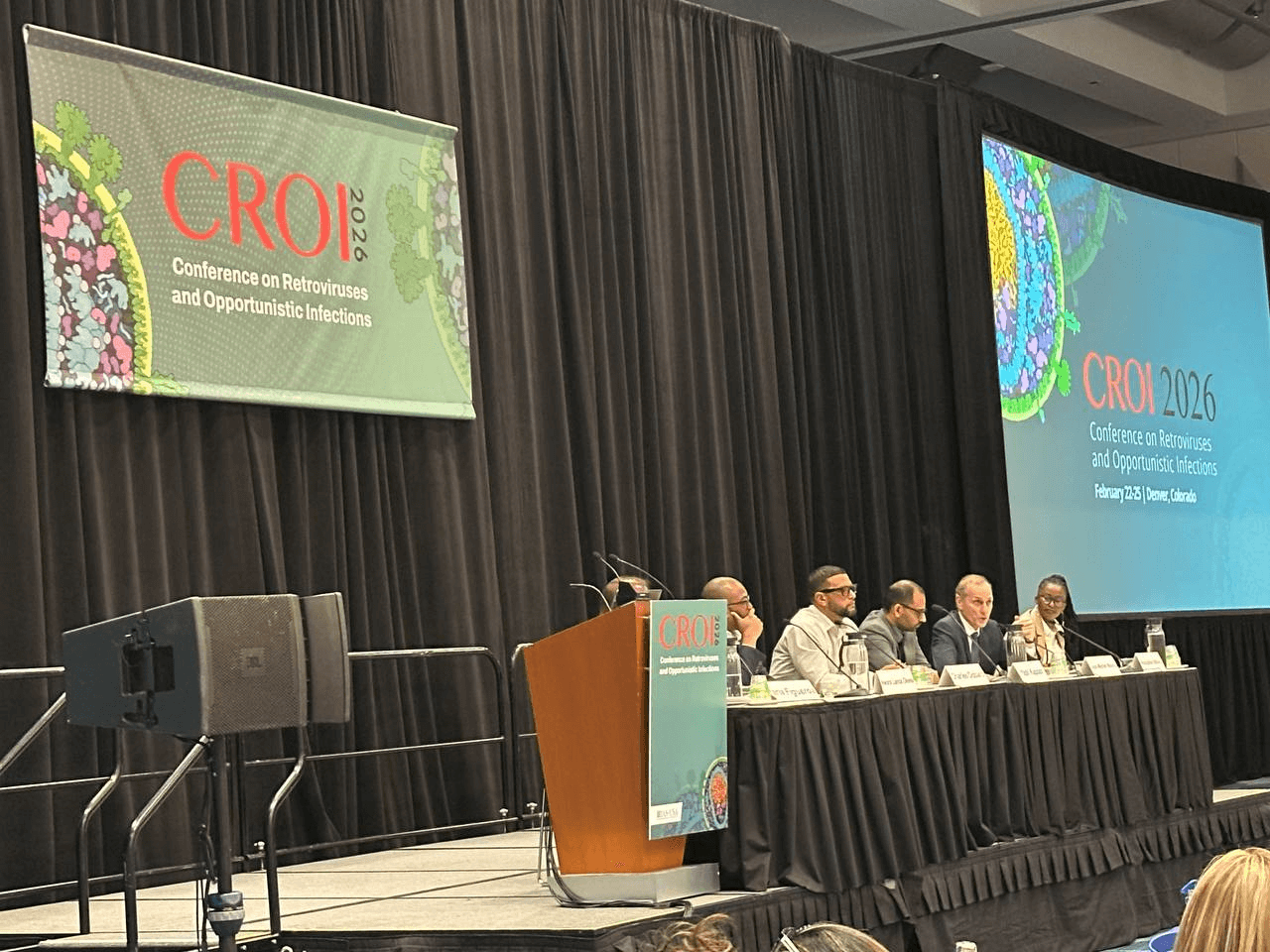Screening and early treatment reduces risk of anal cancer in those living with HIV by 57%

Data from a study, presented at CROI 2022, shows that screening for precancerous changes in anal canal cells and early treatment reduces the risk of people living with HIV developing anal cancer.
Many types of anal cancer are caused by the human papilloma virus (HPV). Among people living with HIV, rates of HPV are significantly higher than in the general population. Men who have sex with men are especially susceptible to developing anal cancer. Other risk groups include the elderly, women with cervical cancer, and immunocompromised patients. Vaccination is an effective way to prevent a person contracting HPV.
The study
The study was conducted in the United States over a period of six years, ending in 2021. During that period around 11,000 people living with HIV, aged 35 and older, were examined.
Precancerous cells lesions were found in 53% of men, 46% of women, and 63% transgender people.
All participants were screened for precancerous lesions. When there was a suspicion, a biopsy was taken. Patients who had a precancerous lesion of the anal canal were either referred for immediate treatment or placed in an observation group.
The results
For those in the immediate treatment group, the risk of developing anal cancer was 57% lower than those in the observation group. Invasive anal cancer was diagnosed in 9 and 21 people, respectively. The disease was detected at an early stage.
Based on the results of this interim analysis, the study wad terminated early. It was found that screening and early treatment (removal of precancerous lesions) significantly reduced the risk of developing anal cancer.
With this in mind, experts now recommend that the protocol of screening and early treatment be included in the standard of care for people living with HIV aged 35 or above.



